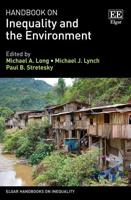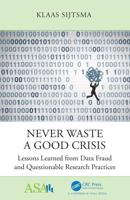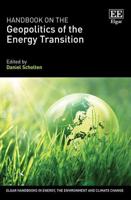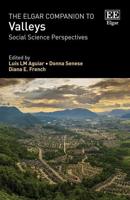Publisher's Synopsis
This book analyses the exponential growth of independent news portal (INPs) in Malaysia and discusses the extent of impacts generated from these portals in Malaysian electoral conduct especially during Malaysia's 12th and 13th general elections. The mainstream media in Malaysia has for decades been controlled by strict laws such as the Printing Presses and Publications Act (PPPA) and the Sedition Act, as well as self-censorship by print and broadcast journalists and editors. The rise of INP in Malaysia has challenged this government stranglehold, as well as making information available much faster than the mainstream media. The undeniable speed of the news posted on INP which often come with interactive contents are seen to have caused a remarkable increment on public's options with regards to expressing their political views. Some of the INPs have also impressively taken up a notch by providing live streaming videos or interesting online visual news which indirectly unifies various sectors of pressure groups in providing options of circulating and disseminating information to the public. The interviews conducted for this book provide deeper insights from those producing news and at the same time provide a specific and thorough observation on political events including representatives of the Malaysian middle class, Opposition parties, youth and university students, NGOs and civil society movements.
Chinnasamy investigates key questions relating to this shift in relation to media preference concerning on the mainstream and political landscape in Malaysia. Did the INP evolve new democratic movement in the country or induce a change in the way the government retains its power by increasing people's active engagement in political participation? Did any revolution in government-managed media landscape occur drastically? If so, how did they accomplish these changes? This book will fill the gap of existing research on how far have the INP empowered themselves to be the third force in fighting democratic movement in the country and how the ruling government continues seeing it as a contention, as foreseen by many experts in the industry.













